author of Honorable Influence - founder of Mindful Marketing
Two years ago I wrote about Starbuck’s innovative efforts to serve deaf consumers through a specially-designed store in Washington, D.C. Among its unique attributes, the store featured an open layout, low-glare surfaces, and employees who knew American Sign Language (ASL).
Even as I, a non-coffee-drinker, applauded the company’s ingenuity and initiative, I could imagine some cynicism about the social responsibility: “That’s nice, but Starbuck’s is a luxury people can live without. Who’s meeting the real needs of people with disabilities?” A former student of mine recently gave me a great answer to that question.
I first heard of Accessible Pharmacy a few weeks ago when that former student, Jason Polansky, told me he was applying to the company for a job. Jason, who wrote a guest blog for Mindful Marketing about a smart cane and who was my coauthor on a CommPRO article titled, “How Serving Blind Consumers Creates Competitive Advantage,” is completely blind.
Fast forward to a few days ago when I received from Jason the good news that Accessible Pharmacy had hired him to be its Director of Business Development for Central Pennsylvania. It’s great that the company identified Jason as an ideal candidate for the position and offered it to him. However, Accessible Pharmacy’s commitment to blind people runs much deeper than its hiring. Its mission is to make a life-sustaining service safely available to a group of consumers who are consistently underserved.
According to the Centers for Disease and Prevention (CDC), in the United States in 2015, there were 1.02 million blind people, i.e., who had vision impairment of 20/200 or worse. Furthermore, 3.22 million Americans had lesser impairment as measured by “the best-corrected visual acuity in the better-seeing eye.” These numbers are expected to double by 2050 due to an aging U.S. population and more frequent incidents of diabetes and other chronic diseases associated with vision loss.
That’s a significant and growing portion of the population that could benefit from all kinds of products tailored to its unique needs. As Starbuck’s example illustrated, some business models already have been adapted, but largely missing has been a solution for one of the most critical human needs: medicine.
People who are blind take most of the same medicine others do, but for individuals who don’t drive, there’s the challenge of traveling to a pharmacy to pick up a prescription. Even more significant, blind people can’t easily read the instructions on a bottle of ibuprofen or see that the prescription pill they’re about to ingest is the right one.
According to a 2018 CNBC article, between 250,000 and 440,000 people die each year in the United States because of medical errors, making them the third-leading cause of death, behind only heart disease and cancer. Unfortunately, the inability to see the medicine one is taking contributes to those statistics.
German philosopher Friedrich Nietzsche famously said, “That which does not kill us, makes us stronger.” Medicine certainly is supposed to make people stronger, but wrongly medicating can kill a person, especially someone who can’t see the medicine they’re taking.
Enter Accessible Pharmacy, “a comprehensive, home delivery pharmacy service specializing in the needs of the blind and low vision community and their families,” which claims to be “the only provider of its kind.”
For many companies, asserting such exclusivity is merely a matter of marketing communication, i.e., they simply say that they “specialize” and do nothing to support the claim. Accessible Pharmacy is different. Its ‘product features’ back up its brand promise. For instance, the Pharmacy offers:
- Patient education and consultation
- Disease monitoring via teleconference
- Cognitive behavior assistance
- Medication regimen management
- Customized packaging
- Presorted disposable pill organizers by week or by month
- Braille and large-print labels
- ScripTalk: unique RFID tag labels that work with consumer devices to convert text to speech
- Home delivery of prescriptions, as well as over-the-counter medications, vitamins, and supplements
In researching and writing about corporate social responsibility (CSR), I’ve often considered whether there’s a best way for companies to give back. Although I believe donation (giving money to worthy causes) and volunteerism (encouraging employees to serve those in need) are both important approaches, the most effective CSR occurs within a business model that marries financial goals with societal good.
In other words, positive social impact is woven into the very fabric of the business’s operations. Accessible Pharmacy is an excellent example of such integrated CSR.
Yes, the firm is a for-profit company with income expectations—a fact that might give some people pause. But should we be wary of Accessible Pharmacy making money by serving blind people?
Of course, there are other ways that organizations doing social good can be funded, for instance by donors and by government. Such models play important roles in addressing societal needs; however, what happens when donors decide to give elsewhere or politicians elect to underwrite other needs?
The point is, CSR that’s integrated into a for-profit firm’s value chain is highly sustainable. As long as both producer and consumer benefit, the mutually valuable exchange can continue indefinitely.
When I asked Jason what excites him most about his new position, he mentioned working with people with disabilities and using his marketing background to make a positive impact on their lives. He undoubtedly will enjoy both intrinsic and extrinsic rewards from his work, as he should. So should his employer.
It’s very challenging to start and run a successful business. It’s even harder to maintain one that addresses pressing societal needs as part of its mission. Accessible Pharmacy does just that, which make it a clear example of “Mindful Marketing.”
Learn more about the Mindful Matrix.
Check out Mindful Marketing Ads and Vote your Mind!

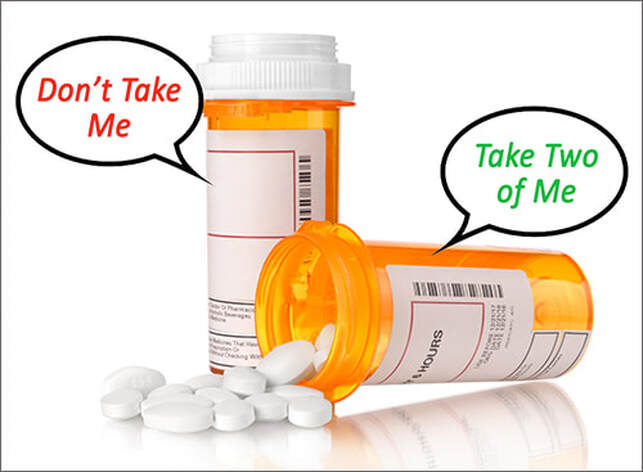
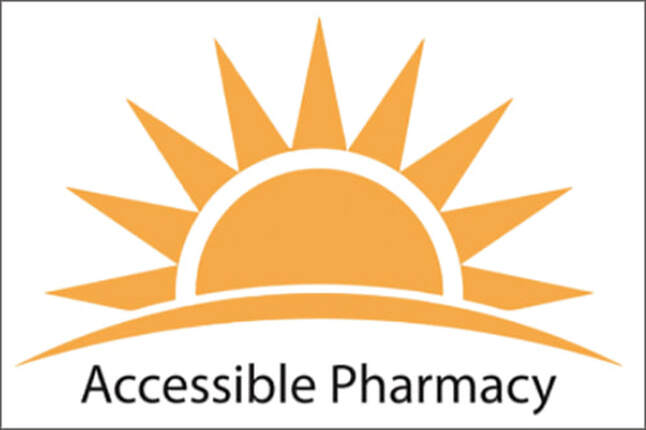
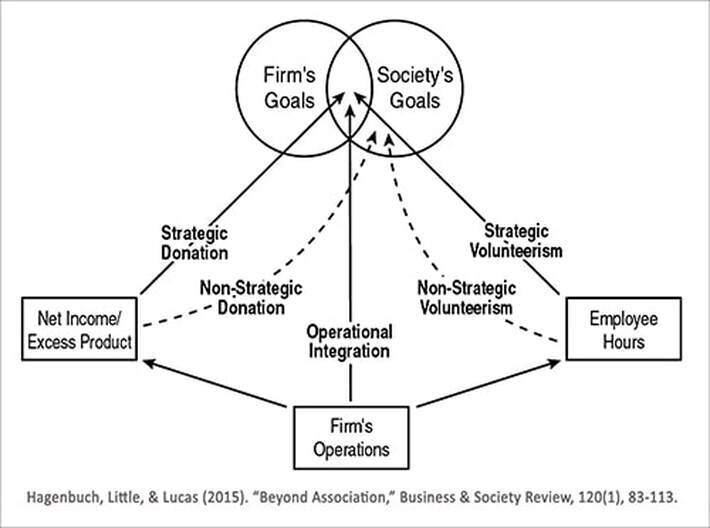
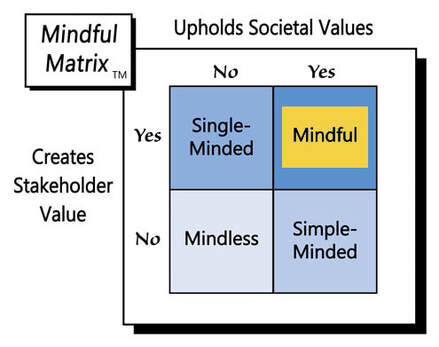
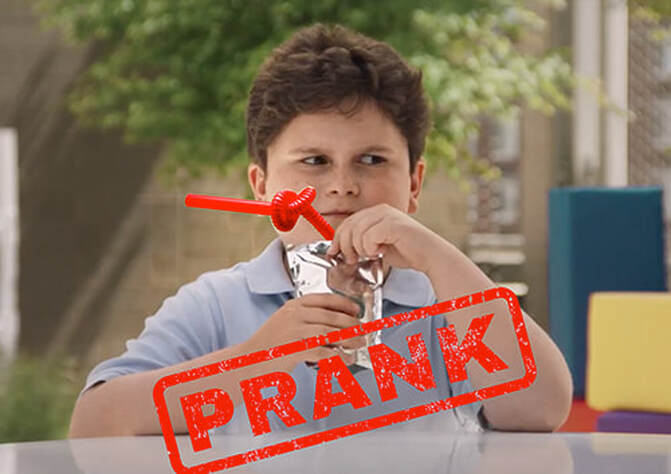
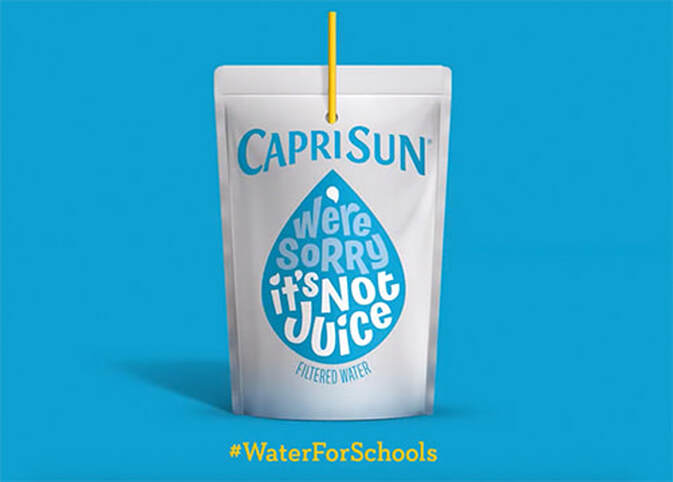
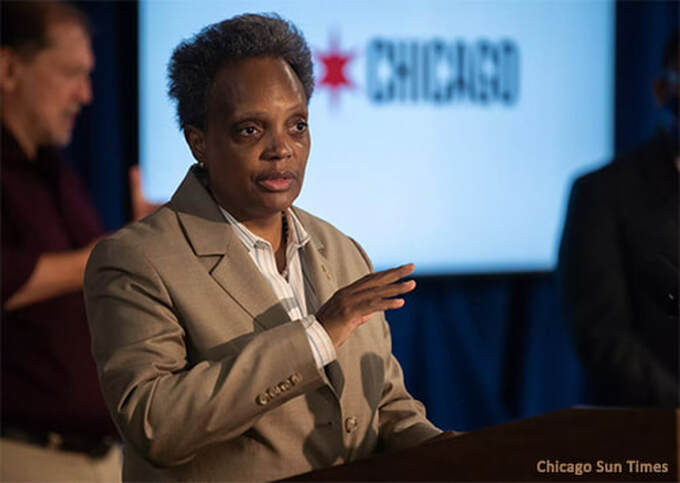
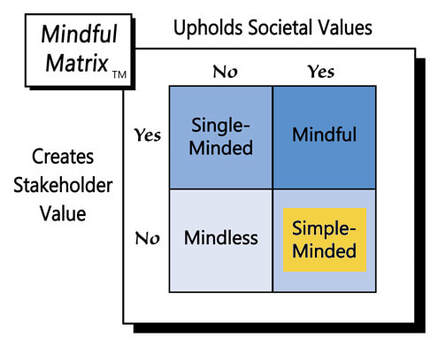
 RSS Feed
RSS Feed